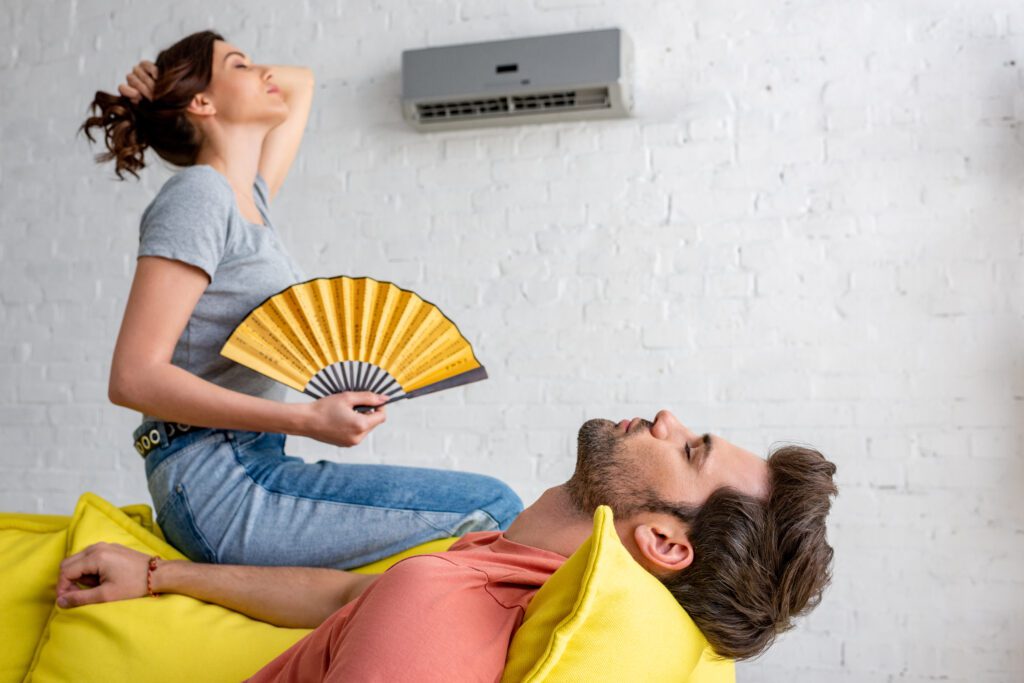Indoor air quality plays a vital role in the overall well-being of your Martinsburg home. Breathing in clean and fresh air is essential for our respiratory health and can have a significant impact on our overall quality of life. In this article, we will explore the various aspects of indoor air quality, common pollutants found in homes, the effects of poor air quality on health, and simple ways to improve the air you breathe. So, let’s dive in and learn how to create a healthier living environment for you and your loved ones.
Understanding Indoor Air Quality
What is Indoor Air Quality?
Indoor air quality refers to the quality of the air inside a building, such as your Martinsburg home. It is determined by the presence of pollutants, allergens, and the overall level of comfort in the indoor environment. Good Indoor air quality ensures that the air you breathe is clean and free from harmful substances. On the other hand, poor Indoor air quality can have adverse effects on your health and well-being.
Indoor air quality is influenced by various factors, including ventilation, humidity levels, and the presence of sources emitting pollutants. Common indoor air pollutants include volatile organic compounds (VOCs) from household products, mold spores, pet dander, and tobacco smoke. These pollutants can accumulate indoors and impact the air quality over time, especially in poorly ventilated spaces.
Why is Indoor Air Quality Important?
The significance of Indoor air quality cannot be stressed enough. On average, people spend the majority of their time indoors, making it crucial to ensure that the air they breathe is healthy. Poor Indoor air quality can lead to a range of health issues, including allergies, respiratory problems, and even more severe conditions in the long run. By understanding the importance of maintaining good air quality, you can take necessary steps to improve your living environment.
Furthermore, poor Indoor air quality not only affects your health but also impacts your comfort and productivity. Indoor environments with high levels of pollutants can cause discomfort, fatigue, and difficulty concentrating. By optimizing Indoor air quality, you can create a more pleasant and conducive space for work, relaxation, and overall well-being.
Common Indoor Air Pollutants in Martinsburg Homes
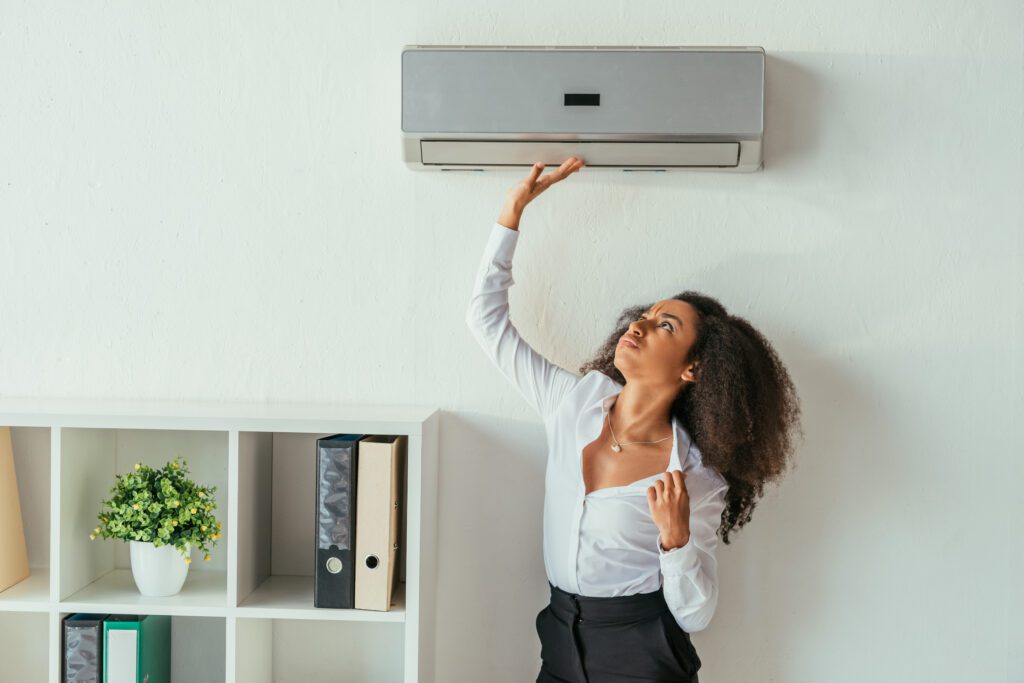
Biological Pollutants
In Martinsburg homes, biological pollutants such as mold, bacteria, dust mites, pet dander, and pollen are common culprits that can affect Indoor air quality. These pollutants can trigger allergies, cause respiratory problems, and worsen existing conditions. Proper control and prevention of these biological pollutants are crucial to improving Indoor air quality
One of the most prevalent biological pollutants found in homes is mold. Mold spores can easily spread through the air and thrive in damp or humid environments, such as bathrooms, basements, and kitchens. In addition to causing respiratory issues, prolonged exposure to mold can lead to more serious health problems, especially in individuals with compromised immune systems.
Chemical Pollutants
Chemical pollutants often come from household products, such as cleaning agents, paint, and pesticides. These substances can release harmful VOCs (Volatile Organic Compounds), which can have both short-term and long-term effects on your health. Limiting the use of toxic chemicals and ensuring proper ventilation are essential in reducing the impact of chemical pollutants on Indoor air quality.
In addition to household products, chemical pollutants can also originate from building materials and furniture. Formaldehyde, a common indoor air pollutant, is found in many pressed-wood products, upholstery, and carpeting. Prolonged exposure to formaldehyde can cause irritation of the eyes, nose, and throat, as well as more severe health issues with long-term exposure.
The Impact of Poor Indoor Air Quality on Health
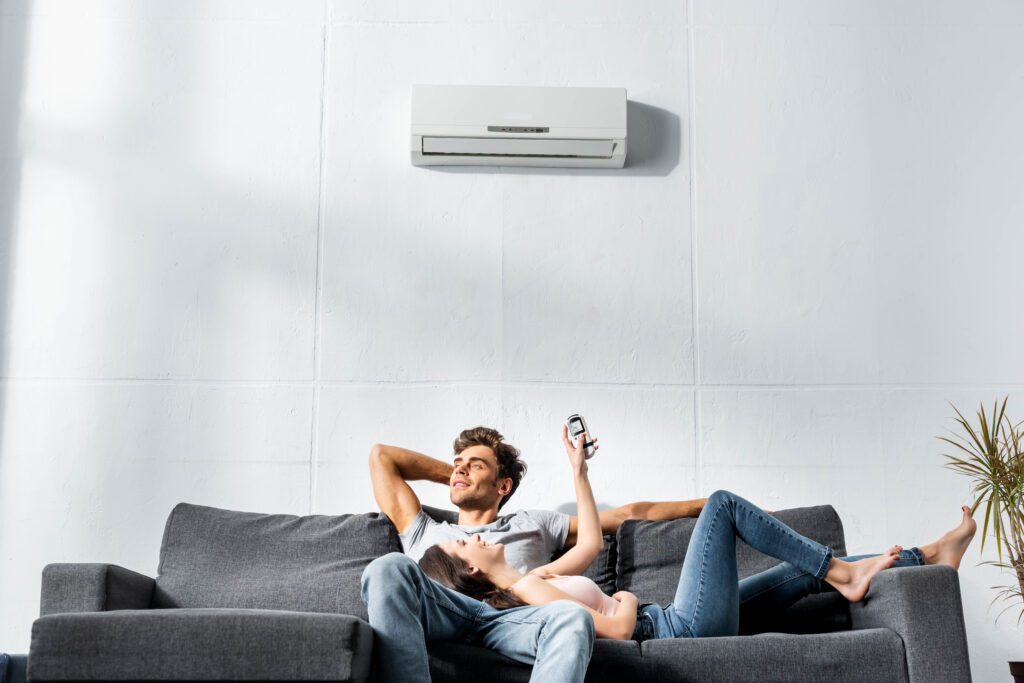
Indoor air quality plays a crucial role in our overall health and well-being. The air we breathe indoors can have immediate and long-term effects on our bodies, making it essential to understand the potential consequences of poor Indoor air quality.
Short-term Health Effects
Poor Indoor air quality can cause immediate health issues, including allergies, asthma attacks, headaches, fatigue, and eye, nose, and throat irritation. These symptoms can significantly impact your daily life and overall well-being. Understanding the short-term effects can motivate you to take immediate action in improving your Indoor air quality.
In addition to the physical symptoms mentioned, poor Indoor air quality can also affect cognitive function and productivity. Studies have shown that exposure to indoor air pollutants can impair concentration, decision-making, and overall cognitive performance. This highlights the importance of creating a healthy indoor environment not just for physical well-being but also for mental clarity and productivity.
Long-term Health Effects
Exposure to poor Indoor air quality over an extended period can lead to long-term health problems. This includes respiratory diseases, cardiovascular issues, and even certain types of cancer. By prioritizing Indoor air quality, you can reduce the risk of developing these chronic health conditions and enjoy a healthier life.
Furthermore, long-term exposure to indoor air pollutants can have a significant impact on children’s health and development. Children are more vulnerable to the effects of poor Indoor air quality due to their developing respiratory and immune systems. Research has shown that children exposed to indoor pollutants may experience stunted lung development, increased risk of asthma, and other respiratory conditions. Creating a healthy indoor environment is crucial for safeguarding the health and well-being of children as they grow and develop.
Simple Ways to Improve Indoor Air Quality
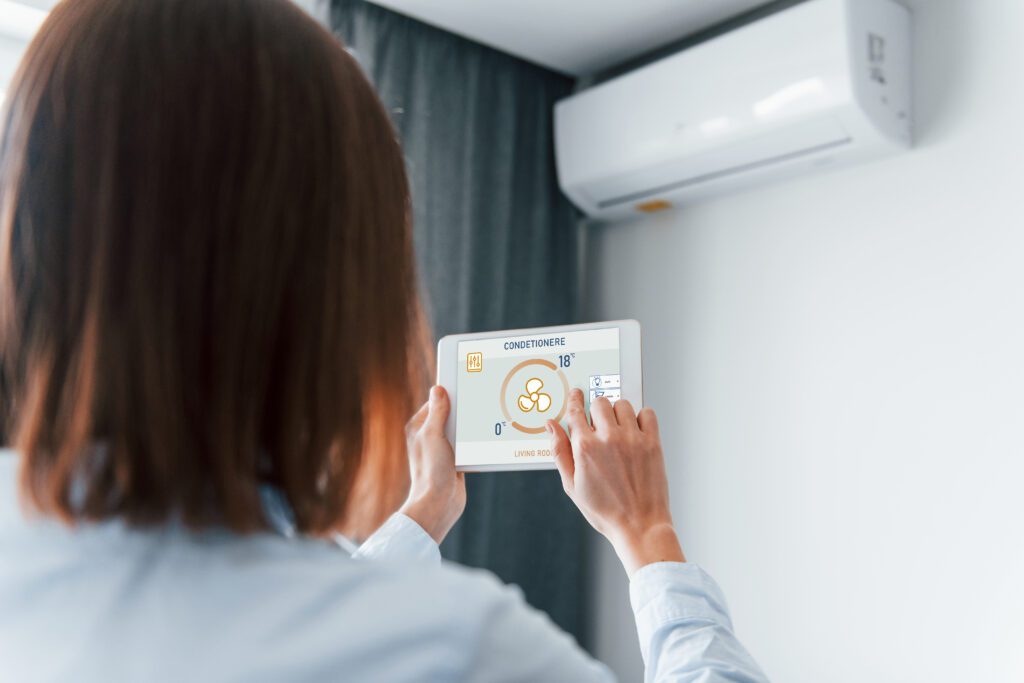
Regular Cleaning and Maintenance
One of the most effective ways to improve Indoor air quality is by maintaining a clean living environment. Regularly vacuuming carpets, cleaning surfaces, and dusting can help reduce the presence of allergens and dust particles. Additionally, changing air filters in your HVAC system and regularly cleaning vents and ducts can prevent the circulation of pollutants.
It’s important to pay attention to often overlooked areas during your cleaning routine, such as curtains, upholstery, and even stuffed toys. These items can harbor dust mites and other allergens, impacting the overall air quality in your home. By incorporating these into your cleaning regimen, you can further reduce potential sources of indoor air pollution.
Proper Ventilation and Air Circulation
Adequate ventilation and air circulation are key to preventing the buildup of indoor pollutants. Opening windows to let fresh air in and using ceiling fans or portable fans to improve air circulation can significantly enhance Indoor air quality. These simple measures promote the exchange of stale indoor air with fresh outdoor air.
In addition to natural ventilation, consider investing in a heat recovery ventilator (HRV) or an energy recovery ventilator (ERV). These systems help to bring in fresh outdoor air while retaining the temperature of the indoor air, reducing energy loss. By incorporating an HRV or ERV into your home, you can enjoy improved air quality without compromising on energy efficiency.
Use of Air Purifiers
Air purifiers are valuable tools in improving Indoor air quality. They work by removing contaminants from the air, such as allergens, dust, and harmful particles. Installing air purifiers in key areas of your Martinsburg home, such as bedrooms and living spaces, can help create a healthier environment for you and your family.
When selecting an air purifier, consider factors such as the size of the room, the type of filtration system (HEPA filters are highly effective), and any additional features like air quality sensors or programmable timers. By choosing the right air purifier for your specific needs, you can effectively target and eliminate indoor air pollutants, promoting a cleaner and healthier indoor environment.
Selecting the Right Plants for Better Air Quality
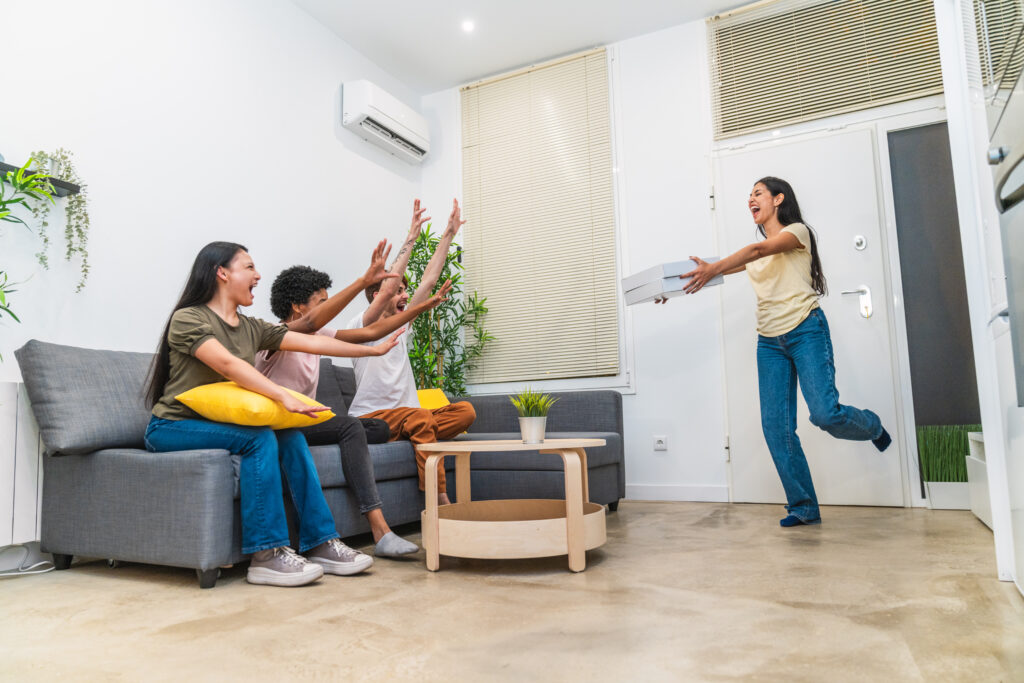
Benefits of Indoor Plants
Indoor plants not only add beauty to your home but can also contribute to improved Indoor air quality. Plants naturally filter the air by absorbing harmful pollutants and releasing oxygen. They can reduce levels of carbon dioxide and remove certain toxins, helping create a healthier and more pleasant indoor environment.
Moreover, indoor plants have been shown to have a positive impact on mental health by reducing stress, anxiety, and fatigue. The presence of greenery indoors can promote a sense of calm and well-being, creating a more relaxing atmosphere in your living space. Additionally, caring for plants can be a rewarding and therapeutic experience, offering a sense of accomplishment and connection to nature.
Best Plants for Air Purification
When selecting indoor plants for improved air quality, consider options such as spider plants, aloe vera, peace lilies, snake plants, and bamboo palms. These plants are known for their air-purifying properties and are relatively easy to maintain. By introducing these green companions into your home, you can enhance both the aesthetic appeal and air quality.
Furthermore, incorporating a variety of plant species can help create a balanced indoor ecosystem, with different plants targeting specific pollutants. For example, spider plants are excellent at removing formaldehyde, while peace lilies can help combat mold spores. By diversifying your plant selection, you can maximize the air-purifying benefits and create a healthier living environment for you and your family.
Overall, maintaining good Indoor air quality is essential for the health and well-being of your Martinsburg home. By understanding the various factors influencing air quality and implementing simple yet effective measures, you can create a healthier living environment for you and your loved ones. So, take the necessary steps today, and breathe cleaner, fresher air tomorrow!

